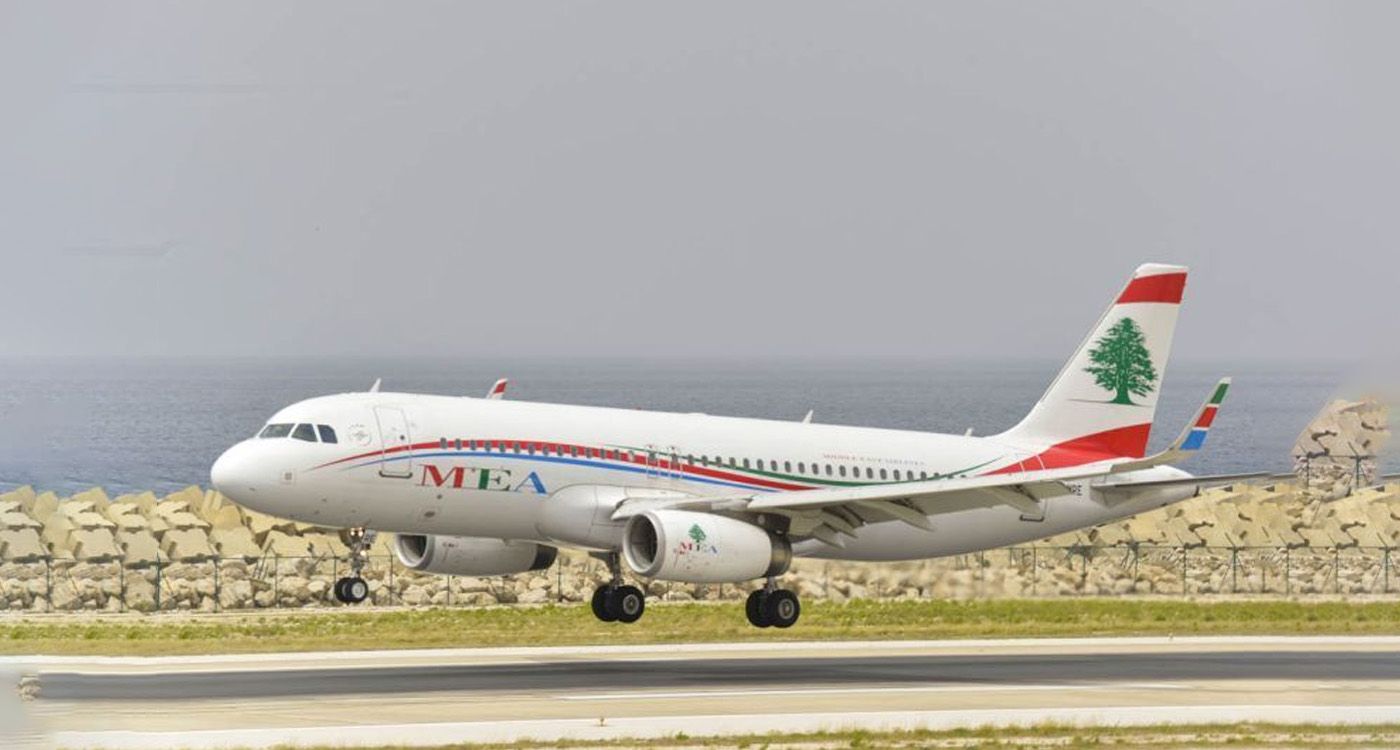
Cheaper fares, tighter seats and, most likely, coffee that isn’t free: MEA is set to reinvent itself with the launch of its own low-cost airline in March 2027. Targeting budget-conscious travelers while preserving the signature warmth of Lebanese service, this bold move could shake up Middle Eastern skies. Between good deals and small trade-offs, MEA is embarking on a strategic shift that may well propel Lebanon’s entire aviation sector.
Facing soaring fares and near-monopoly on direct routes, Lebanon’s national carrier Middle East Airlines (MEA) is preparing to shake up the market. Led by Chairman Mohamad El Hout, MEA plans to launch a low-cost subsidiary in March 2027, according to insiders. The new airline will start with 4 aircraft and offer tickets up to 30% cheaper than current MEA fares.
This bold move marks a major strategic shift as MEA responds to rising regional competition and growing demand for affordable air travel.
The low-cost carrier will operate a fleet of narrow-body Airbus jets, with new A320neo and A321XLR models expected to be delivered in 2026. MEA has ordered 9 aircraft, including 4 A321XLRs, and aims to gradually expand to destinations such as Germany, Denmark, Egypt and several African countries. The focus will be on short- and medium-haul routes, perfectly suited for the low-cost business model.
A Brand-New Terminal for a Smooth Takeoff
To support this strategic shift, the new low-cost airline will be based in Terminal 2 of Beirut’s Rafic Hariri international airport, currently under development. This terminal will double the airport’s capacity, which is presently oversaturated, enabling more frequent, shorter and most importantly, more affordable flights.
The benefits are significant: fares up to 30% lower, greater accessibility for students, families and expatriates, and a strong boost for Lebanon’s tourism sector. With both MEA’s traditional and budget-friendly options available, passengers will finally have the freedom to choose flights that fit their budgets.
A Risky but Necessary Gamble
MEA’s “à la carte” model may surprise some travelers: checked baggage, seat selection and onboard meals will be optional paid extras, potentially increasing the final cost. Meanwhile, until Terminal 2 is fully operational, the existing airport infrastructure may struggle to handle the increased traffic.
Another key challenge is avoiding a damaging rivalry between MEA’s traditional services and its low-cost subsidiary. If too many passengers shift to budget flights, the group’s overall financial balance could be at risk.
However, the fare reductions are significant. A Paris–Beirut ticket, often priced around €1,200, could drop to €800 or less—provided travelers pack light and skip onboard meals. Behind these lower prices lies a clear admission: current fares are too high, inflated by a near-monopoly and risk premiums.
By launching its low-cost arm, MEA is attempting a delicate balancing act, staying competitive in a mass market while preserving its premium clientele. If aircraft deliveries arrive on schedule, Terminal 2 opens as planned and extra fees remain reasonable, summer 2027 could usher in a new era of more accessible and less turbulent air travel from Beirut.




Comments